What are Evidence-Based Programs?
Evidence-based programs are programs that have been rigorously tested in controlled settings, proven effective, and translated into practical models that are widely available to community-based organizations. It is also important that the evaluations themselves have been subjected to critical peer review. That is, experts in the field – not just the people who developed and evaluated the program – have examined the evaluation’s methods and agreed with its conclusions about the program’s effects. Ultimately, when you implement an evidence-based program, you can be confident you’re delivering a program that works and is highly likely to improve the health of your constituents.
Advantages of Evidence-Based Programs
Implementing an evidence-based program is widely considered a “best practice” strategy for community health promotion. Evidence-based programs can add value in many ways.
- Positively impacting the health of the program participants is more likely with an evidence-based program.
- Funders increasingly demand that programming be based on solid evidence.
- Agency leaders want to concentrate limited resources on proven programs.
- Program managers can concentrate their efforts on program delivery rather than program development. Allowing them more time to reach a larger population and have a great impact.
- Older adults are savvy and want to invest their time and money in programs that have been proven to work.
- The demonstrated outcomes of evidence-based programs are attractive to community members and potential partners, facilitating community buy-in and the formation of partnerships, especially with healthcare/clinical partners.

Our General Health Services
- Medical
- Dental
- Medication Management
- Psychiatric & Behavioral Health
- Evening and Weekend Programming
- Telehealth
- High Complexity Toxicology Labs
- Family Education
- COVID-19 Testing


